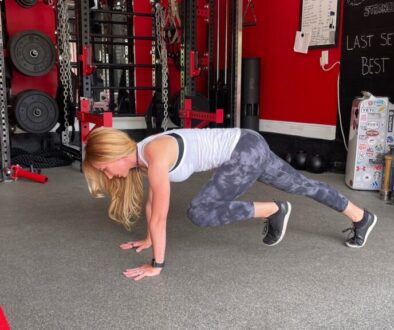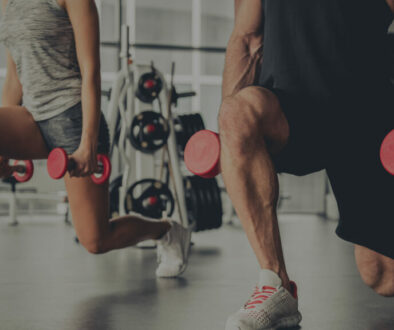The Role of Nutrition in Maximizing Your Workout Results
The role of nutrition in maximizing your workout cannot be overstated, as it provides the necessary fuel and nutrients for optimal performance and recovery. While exercising regularly is an important component of any fitness routine, fueling your body with the right nutrients is equally crucial for achieving optimal performance and desired outcomes. In this article, we will explore the significant role that nutrition plays in maximizing your workout results and provide valuable insights on how to make the most out of your exercise routine.
Understanding Macronutrients
To comprehend the impact of nutrition on workout results, it is essential to understand macronutrients. Carbohydrates, proteins, and fats are the three primary macronutrients that provide energy for physical activities. Carbohydrates serve as the body’s primary fuel source, supplying energy to muscles during workouts. Proteins are crucial for muscle repair and growth, while fats provide energy during longer, endurance-based exercises.
Pre-Workout Nutrition
The timing and composition of your pre-workout meal or snack are key considerations for maximizing your workout results. Consuming a balanced meal containing carbohydrates and proteins around 1 to 3 hours before your workout ensures that your body has enough fuel to perform at its best. Opt for easily digestible foods that provide sustained energy throughout your exercise session.
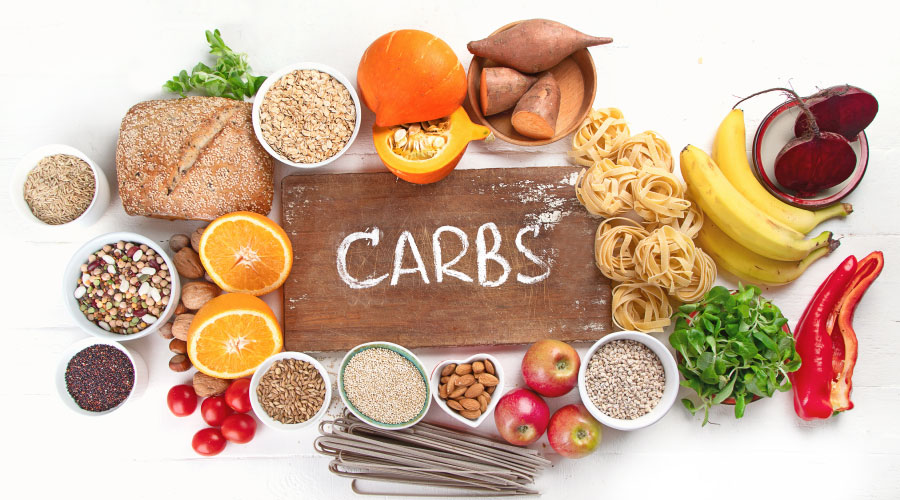
Hydration for Optimal Performance
Staying hydrated is vital for achieving optimum performance during workouts. Dehydration can negatively impact your strength, endurance, and overall workout performance. Remember to drink enough water before, during, and after your workouts. Monitoring the color of your urine is a useful indicator of your hydration levels.
Intra-Workout Nutrition
For longer workouts lasting more than an hour, it is crucial to replenish your energy and nutrients during the session. Consuming easily digestible carbohydrates, such as energy gels or sports drinks, can help maintain your energy levels and delay fatigue. Including some proteins and electrolytes in your intra-workout nutrition can aid in muscle recovery and electrolyte balance.
Post-Workout Nutrition
Post-workout nutrition plays a crucial role in maximizing workout results by promoting muscle recovery and growth. After an intense workout, your muscles are in a state of depletion and need to be replenished with the right nutrients to recover effectively. Here are some key points to consider when it comes to post-workout nutrition:
- Timing is key: It is recommended to consume a post-workout meal or snack within 1 to 2 hours after your workout. This window of time is known as the “anabolic window,” where your muscles are more receptive to nutrient uptake and absorption.
- Macronutrient balance: Including a combination of carbohydrates and proteins in your post-workout meal aids in muscle glycogen replenishment and muscle protein synthesis, respectively. Carbohydrates replenish the energy stored in your muscles, while proteins provide the amino acids necessary for muscle repair and growth.
- Carbohydrates: Opt for complex carbohydrates that are easily digestible, such as whole grains, fruits, or starchy vegetables. These carbohydrates release energy gradually, sustaining your energy levels and facilitating glycogen restoration.
- Proteins: Choose high-quality proteins that are easily absorbable by the body, such as lean meats, fish, eggs, dairy, legumes, or plant-based protein sources like tofu or tempeh. Aim for about 20 to 30 grams of protein in your post-workout meal or snack to support muscle recovery and growth.
- Amino acids: In addition to protein, consider including essential amino acids in your post-workout nutrition. Branched-chain amino acids (BCAAs), such as leucine, isoleucine, and valine, are particularly beneficial for muscle recovery and preventing muscle breakdown.
- Hydration: Replenishing fluids is also important after a workout to restore hydration levels. Water is generally sufficient for moderate workouts, but for more intense or prolonged sessions, you may consider hydrating with a sports drink that contains electrolytes.
- Nutrient-dense foods: Emphasize nutrient-dense foods in your post-workout meal to provide a wide array of vitamins, minerals, and antioxidants. Including fruits, vegetables, whole grains, and healthy fats can contribute to overall recovery and support your body’s nutritional needs.
- Supplements: While not necessary, some individuals may find it beneficial to include certain supplements in their post-workout routine. Whey protein, for example, is a popular choice due to its fast absorption rate. However, whole foods should always be the primary source of nutrients, and supplements should be used as a complement.
The Power of Protein
Adequate protein intake is essential for anyone looking to maximize their workout results. Protein is the building block of muscles and helps repair and rebuild muscle tissues damaged during exercise. Including a good source of protein in each meal can have a positive impact on muscle growth and recovery. Lean meats, fish, eggs, dairy, legumes, and plant-based protein sources are great options to consider.
Nutrient Timing
Timing your nutrient intake throughout the day is also crucial for optimal workout performance. It is recommended to distribute your macronutrients evenly across your meals to maintain a steady supply of energy throughout the day. Additionally, consuming carbohydrates and proteins before and after workouts can help maximize muscle glycogen storage and muscle protein synthesis, respectively.
Importance of Micronutrients
While macronutrients receive a significant amount of attention, micronutrients also play a vital role in maximizing workout outcomes. Vitamins and minerals are essential for various bodily functions, including energy production, muscle contraction, and recovery. Incorporating a wide variety of fruits, vegetables, whole grains, and other nutrient-dense foods ensures an adequate intake of these micronutrients.
Supplements for Enhanced Performance
Workout supplements are popular among fitness enthusiasts, but their effectiveness varies. While some supplements may offer performance-enhancing benefits, it is important to approach them with caution. Certain supplements like creatine, beta-alanine, and caffeine have shown promising results in improving workout performance. However, it is advisable to consult a healthcare professional before incorporating any supplements into your routine.
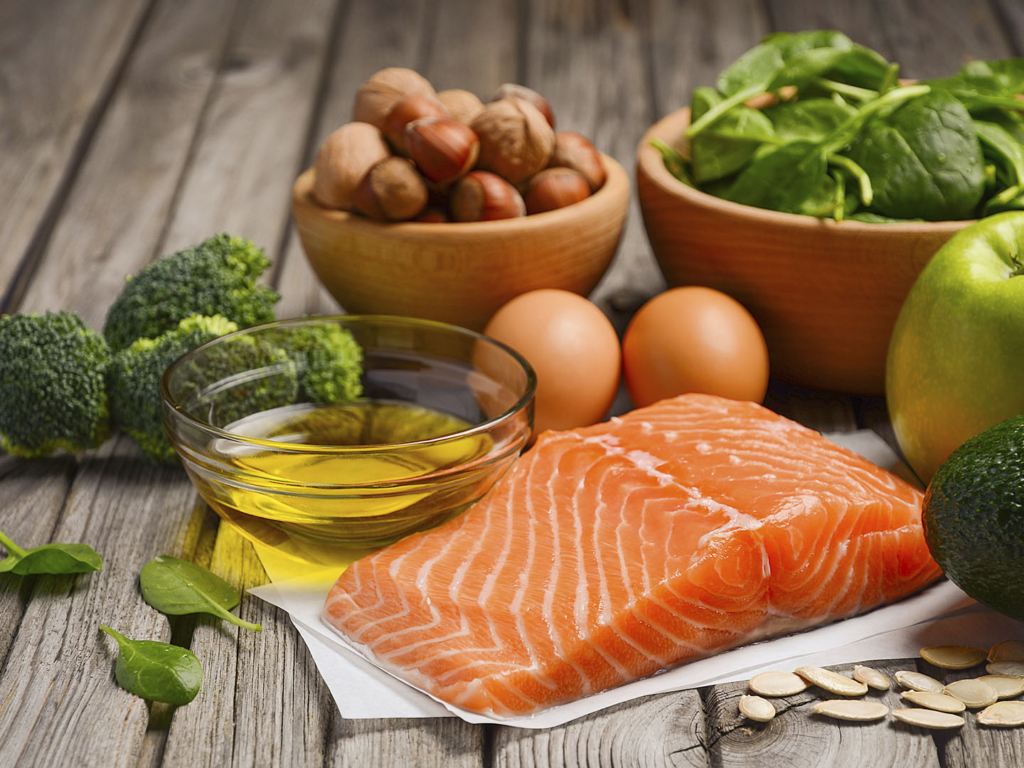
Tailoring Nutrition to Specific Goals
Nutrition requirements may differ depending on individual goals, such as weight loss, muscle gain, or endurance training. When aiming to lose weight, maintaining a slight calorie deficit while prioritizing lean protein and nutrient-dense foods is key. Those seeking muscle gain should focus on consuming a surplus of calories and adequate protein to support muscle growth. Endurance athletes may require a higher intake of carbohydrates for sustained energy during long-duration training sessions.
Avoiding Common Mistakes
Despite following a dedicated workout routine and practicing good nutrition, some individuals fail to see the desired results. Common mistakes like overeating, relying too heavily on supplements, inadequate protein consumption, or improper nutrient timing can hinder progress. It is crucial to be mindful of these pitfalls and seek guidance from a registered dietitian or certified fitness professional to avoid common nutrition mistakes.
The Role of Rest and Recovery
While nutrition is crucial, rest and recovery are equally important components of maximizing your workout results. Adequate sleep, proper rest days, and managing stress levels are essential for allowing your body to repair and rebuild muscle tissues. Neglecting rest can lead to decreased performance, increased risk of injuries, and hindered progress toward your fitness goals.
Tips for Maintaining Healthy Eating Habits
Sustaining healthy eating habits can sometimes be challenging. Here are some practical tips to help you maintain a nutritious diet that supports your exercise goals:
- Plan your meals in advance and prioritize whole, unprocessed foods.
- Listen to your body’s hunger and fullness cues to prevent overeating or undereating.
- Prepare healthy snacks and keep them readily available for when hunger strikes.
- Stay consistent with your meal and snack timings to maintain stable energy levels.
- Drink water regularly throughout the day to stay hydrated and curb unnecessary snacking.
FAQs
How important is nutrition compared to regular exercise in maximizing workout results?
Nutrition is equally as important as regular exercise in maximizing workout results. While exercise stimulates muscle growth and improves cardiovascular fitness, proper nutrition provides the necessary fuel, nutrients, and building blocks for the body to perform optimally and recover effectively. Without a balanced and nutritious diet, workouts may not yield the desired results.
Is it necessary to consume supplements for better workout performance?
Supplements are not necessary for better workout performance, but they can complement a well-rounded nutrition plan. The majority of nutrient needs can be met through a balanced diet. However, certain supplements like protein powder, creatine, or caffeine can provide additional benefits and may be helpful for specific individuals or goals. It is essential to consult a healthcare professional before incorporating any supplements into your routine.
Can overeating healthy foods hinder my progress despite regular exercise?
Yes, even overeating healthy foods can hinder progress despite regular exercise. While healthy foods provide necessary nutrients, they still contain calories. Consuming more calories than your body needs can lead to weight gain, which can impede progress toward certain fitness goals such as weight loss or muscle definition. It is important to maintain portion control and be mindful of overall calorie intake, even when choosing healthier options.
What are some signs of inadequate protein intake while working out?
Inadequate protein intake while working out can manifest through various signs and symptoms. These may include slow muscle recovery, increased muscle soreness, lack of strength gains, difficulty in building lean muscle mass, frequent injuries, or feeling fatigued during workouts. It is recommended to consume an adequate amount of protein, ideally from a variety of sources, to support muscle repair, growth, and overall workout performance.
How many hours of sleep should I aim for to support workout recovery?
The amount of sleep required for workout recovery can vary depending on individual needs and other lifestyle factors. However, most adults generally need around 7 to 9 hours of quality sleep per night for optimal recovery and overall well-being. During sleep, the body repairs and rebuilds tissues balances hormones, and supports muscle recovery. Adequate sleep not only enhances workout performance but also promotes overall health and recovery.
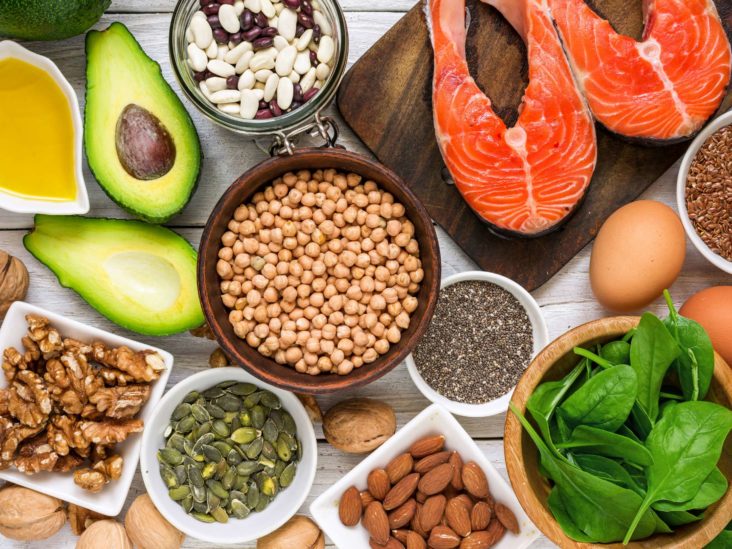
Conclusion
In conclusion, nutrition plays a vital role in maximizing your workout results. Understanding macronutrients, incorporating proper pre-workout, intra-workout, and post-workout nutrition, and considering micronutrients are key factors in optimizing exercise performance. It is crucial to personalize your nutrition plan based on your specific goals and seek professional guidance. Remember to prioritize rest and recovery along with healthy eating habits to achieve long-term fitness success.
Also Read:


